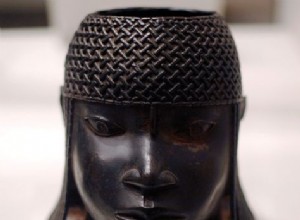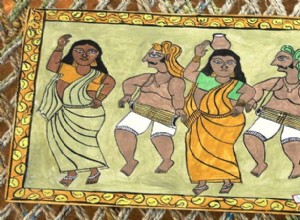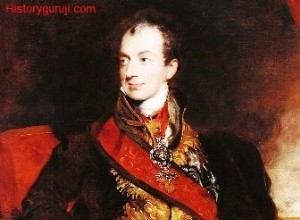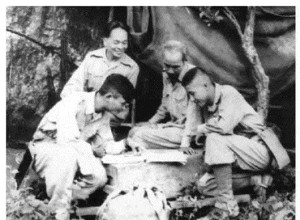Benin , one of the most important historical kingdoms of the West African forest region (fl. 13th - 19th centuries). Britannica Quiz Destination Africa:Fact or Fiction? Is Africas northernmost point further north than Europes southernmost point? See if your geographical knowledge points no




